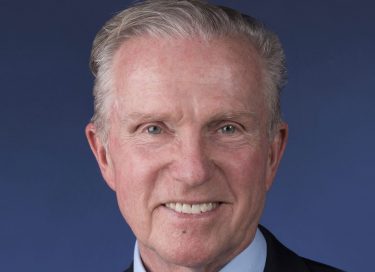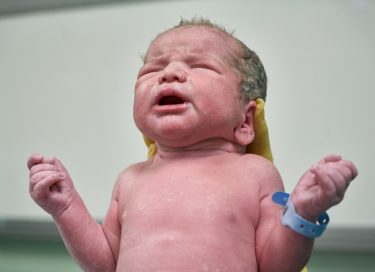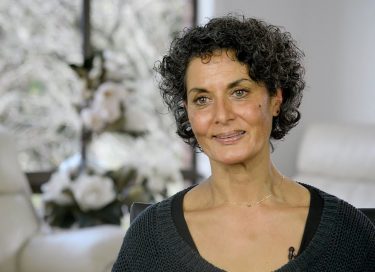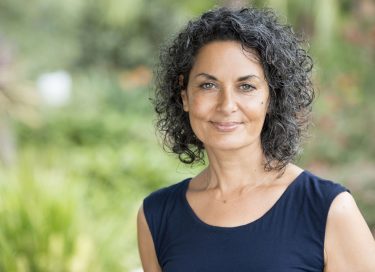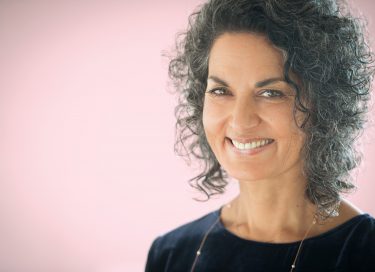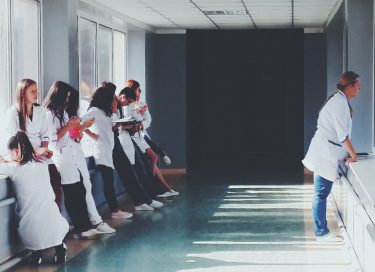Medical Students
Medical students are the future of our profession, and will be the doctors who look after all of us when we are in need of care.
We want them to become skilled, caring and sensitive doctors, for ourselves, for patients and for our profession. But how are we are treating them as medical students? How is medical training affecting our students?
The Australian Beyond Blue study looking at wellbeing amongst medical students, states that students self-reported high rates of minor psychological disorders (47% women, 36% men); figures higher than those reported by qualified doctors. 1 in 4 students scored in the high or very high psychological distress bracket. 1 in 5 students reported having suicidal thoughts over the previous 12 months. 1 in 2 students reported emotional exhaustion and 1 in 4 reported cynicism. These figures from Australia, shocking as they are, reflect those reported across several first world countries.
There are many factors contributing to medical student stress, but a significant part of the problem is medical training itself. Love and care are as integral to medical training as they are to Medicine itself, but our current systems do not honour this truth, nor the people they are training. The way most medical schools are currently set up, the entry system is fiercely competitive, there are copious tests, exams and demands on the students throughout their training, and this is intensified when it comes to post-graduate specialty training. Discrimination, harassment, bullying and abuse are rife. It does not need to be this way. We could remove much of the grading system and competition with a simple pass/fail grade and we could be much more caring of them as people and aware of the need to address the whole person in medical training, so that our students are better equipped to deal with what will come their way.
Our young doctors are a precious commodity and are to be treated as such. We are role models for them, but what kind of role models are we? It is not just about what we teach them, but the way we teach them, and the lived quality that we reflect to them in every interaction. This quality is something that is developed when we live and work in a way that is caring and sustainable for ourselves, and in turn inspires and empowers young doctors to live and work in a way that is sustainable for them.



